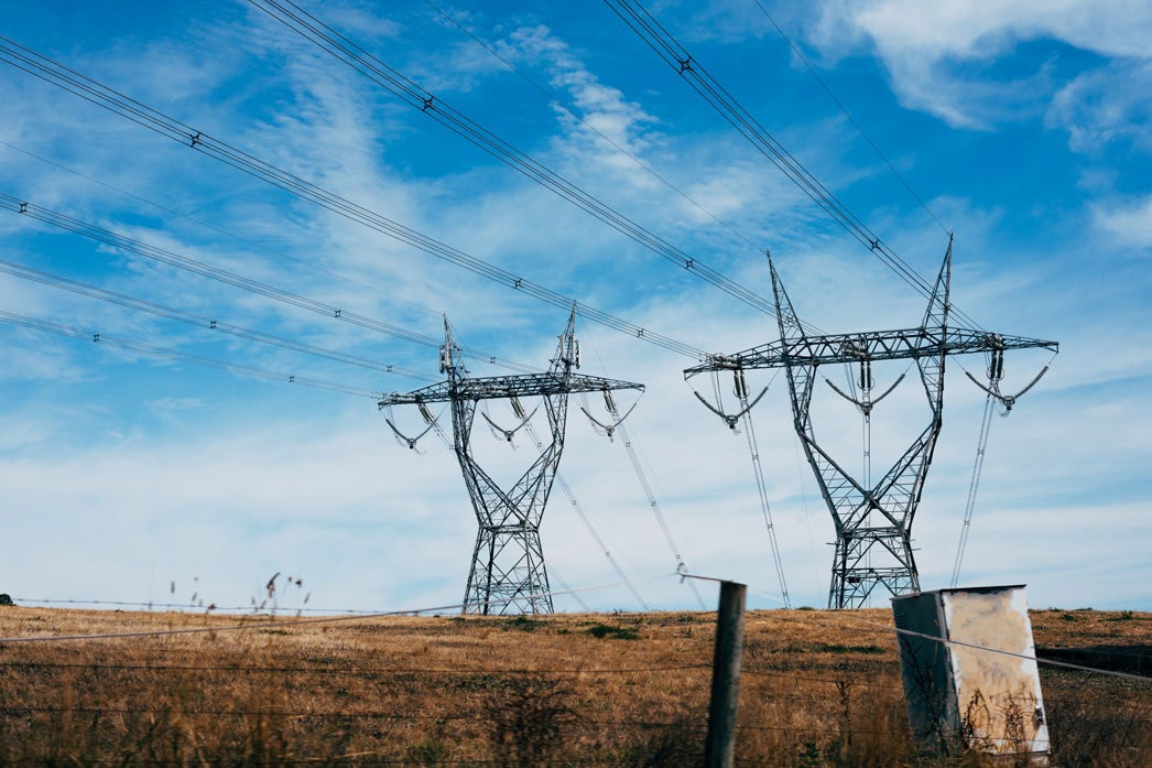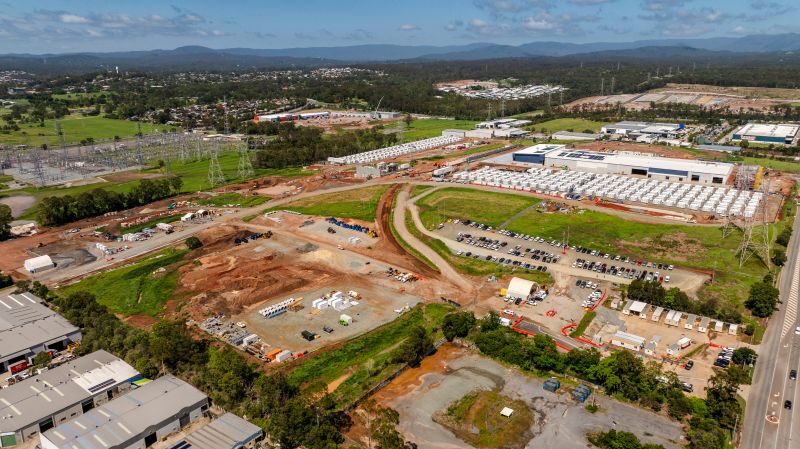One-in-five, or 20%, of renewable energy developers responding to an Intium grid-connection survey, say it took them two to three years waiting for grid connection approval, and delays threaten Australia’s renewable energy targets.
The wholly owned subsidiary of New South Wales (NSW) distribution network operator Essential Energy, grid infrastructure connection specialist Intium found 20% of its survey respondents who reached the commission stage and beyond said it took more than 18 months longer than anticipated to achieve successful grid connection.
Intium Executive General Manager Nathan Rhodes said not getting the grid connection process right is one of the most significant risks to Australia’s renewable energy goals.
“The need to solve this challenge spans all asset classes central to the energy transition, whether it be utility-scale solar, wind farms, battery energy storage systems (BESS), or microgrids, which must efficiently connect to the grid to deliver energy at scale,” Rhodes said.
“If we don’t address these current grid connection delays, they could pose significant risk towards Australia’s 2050 net zero goal progress. This is a nationally important issue that, in our view, deserves greater attention and public discussion.”
The 36 energy developers who responded to Intium’s survey said delays can disrupt commercial operations and erode investor confidence — adding further pressure to future projects and the energy transition more generally.
44% of business leaders identified “change in technical requirements” as a key risk, suggesting that unclear and evolving technical standards are a major challenge for developers, and the uncertainty creates a “domino effect”.
Just under 70% of respondents indicated their projects missed financial close, often resulting in substantial cost overruns compared to initial forecasts, with a further 78% saying their network connection costs exceeded their initial financial modelling.
The survey found other factors contributed to delays in the grid connection process, including access and environmental approval (39%), Australian Energy Market Operator (AEMO) approvals and signoffs (36%), initial application submission and completeness checks (33%), and procurement of grid connection equipment (33%).
Solutions
Respondents noted, developers need to ensure modelling and engineering outputs meet the quality required to address a network’s demanding technical specifications, through streamlined complex processes and by engaging expertise early key to reduce risk in renewable energy project delivery.
Approaches identified by respondents to de-risk renewable energy projects in the National Electricity Market (NEM) include standardised and streamlined regulatory approval processes (75%), improved data sharing and transparency on network capacity (72%), and increased investment in network infrastructure upgrades (72%).
Findings
Energy developers say they are exploring alternative approaches to grid connection delivery beyond those offered by incumbent providers and are frustrated with aspects of the current grid connection framework in contestable markets, including perceived rigidity in commercial structures and a lack of pricing transparency.
Rhodes said there is strong demand for partners who can provide greater certainty on timelines and technical assurances upfront.
“Developers have told us that grid connection delays can derail commercial operations and impact investor confidence. In our view, the risk of not getting it right is hugely significant and must not be underestimated,” Rhodes said.
“By engaging specialist expertise from the feasibility stage through to connection, companies may be able to reduce regulatory friction and gain greater clarity and speed, helping address what many investors and developers in the industry see as one of Australia’s most significant energy bottlenecks.”
This content is protected by copyright and may not be reused. If you want to cooperate with us and would like to reuse some of our content, please contact: editors@pv-magazine.com.









1 comment
By submitting this form you agree to pv magazine using your data for the purposes of publishing your comment.
Your personal data will only be disclosed or otherwise transmitted to third parties for the purposes of spam filtering or if this is necessary for technical maintenance of the website. Any other transfer to third parties will not take place unless this is justified on the basis of applicable data protection regulations or if pv magazine is legally obliged to do so.
You may revoke this consent at any time with effect for the future, in which case your personal data will be deleted immediately. Otherwise, your data will be deleted if pv magazine has processed your request or the purpose of data storage is fulfilled.
Further information on data privacy can be found in our Data Protection Policy.